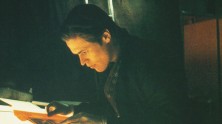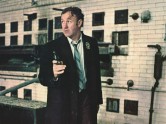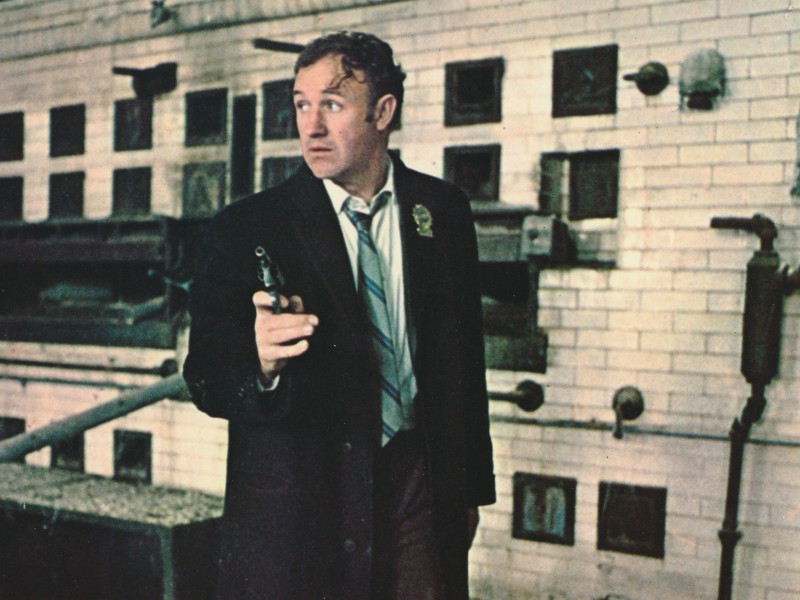
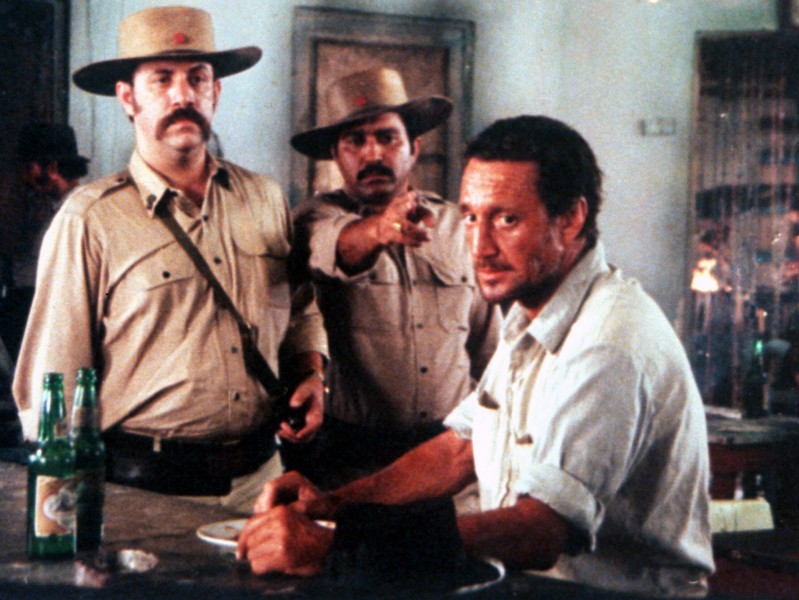
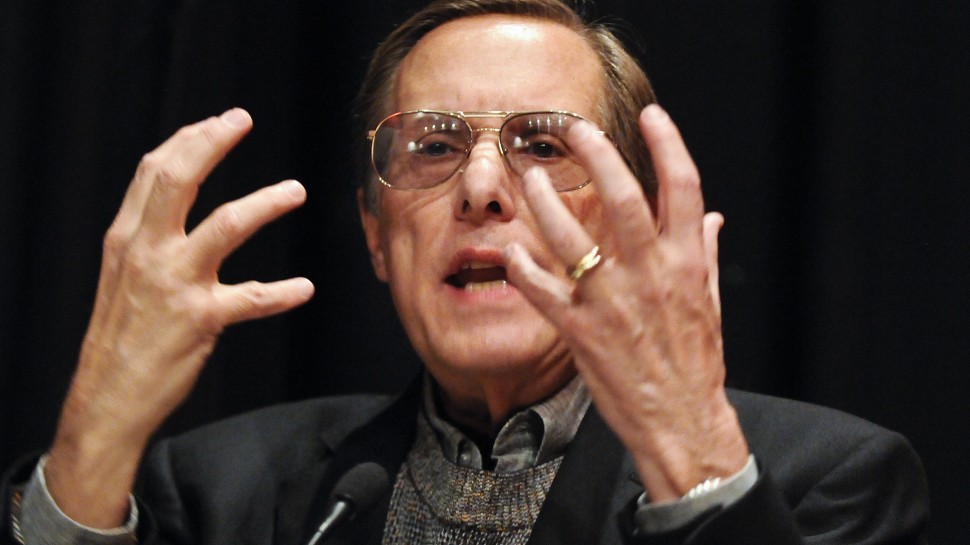
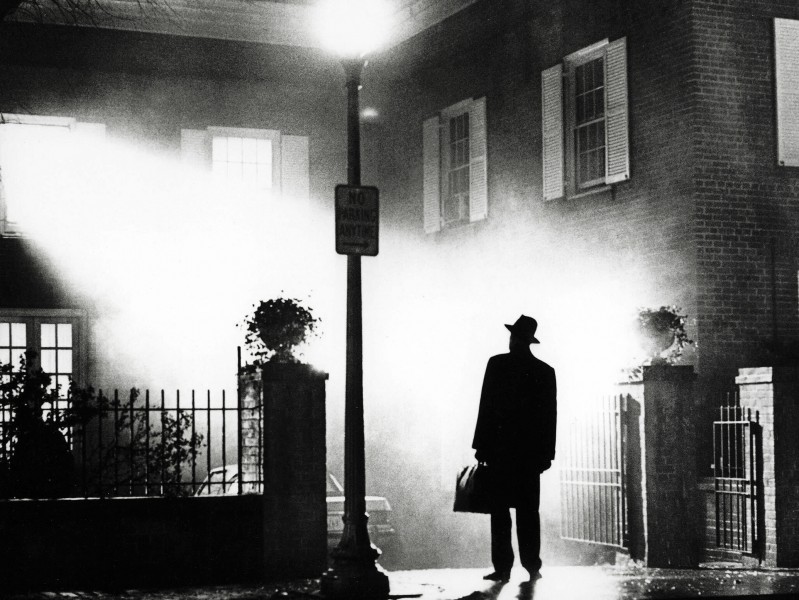
The Uncanny Cinema of William Friedkin
One of the most dazzlingly accomplished and multi-talented filmmakers to emerge from the 1970s’ New Hollywood, William Friedkin (b. 1935) is best known for the series of landmark films which he directed in the 1970s and early 1980s, each a sophisticated and deeply influential reinvention of traditional genre formulas – the policier in The French Connection (1971) and Cruising (1980), the horror film in The Exorcist (1973), the adventure-thriller in Sorcerer (1977).
A consummate master of studio filmmaking, Friedkin has thrived as the rare empiricist within the dream factory, an artist driven by a curiosity to capture those dark, unseen mysteries that define the material world, without destroying their spell. Unlike his film school trained contemporaries, Friedkin discovered his own screen vocabulary in the streets of 1960s Chicago, where he sought a television career immediately after high school, steadily working his way up from the mailroom to the directing booth of local stations. While in Chicago, Friedkin crafted his stunning and politically acute verité documentary The People vs. Paul Crump (1962), which attracted the attention of maverick producer and filmmaker David L. Wolper, who invited the young director to Hollywood. Friedkin’s seemingly effortless transition to narrative filmmaking gave way to stylistically disparate yet consistently accomplished early works highlighted by his masterful adaptations of The Birthday Party (1968) and The Boys in the Band (1970). Friedkin did not return to his documentary roots until the early 1970s, with The French Connection and The Exorcist, two riveting films whose power lies in their extraordinarily gripping realism, an uncanny verisimilitude of detail and character based largely on Friedkin's own meticulous research and close consultation with the veteran New York police detectives and priests who were the real life models for his protagonists. Friedkin's still unacknowledged masterpiece, Sorcerer, an ambitious and successful reinterpretation of Henri-Georges Clouzot's The Wages of Fear (1953), extended to heroic levels Friedkin's resolute commitment to realism and his belief that the deepest fears, hopes and mysteries of the modern age are best conjured not from fantasy but from the shadows of a believable and strangely familiar world.
A garrulous and engaging speaker, William Friedkin will be present to discuss his work at the Harvard Film Archive on February 20th and 21st.

